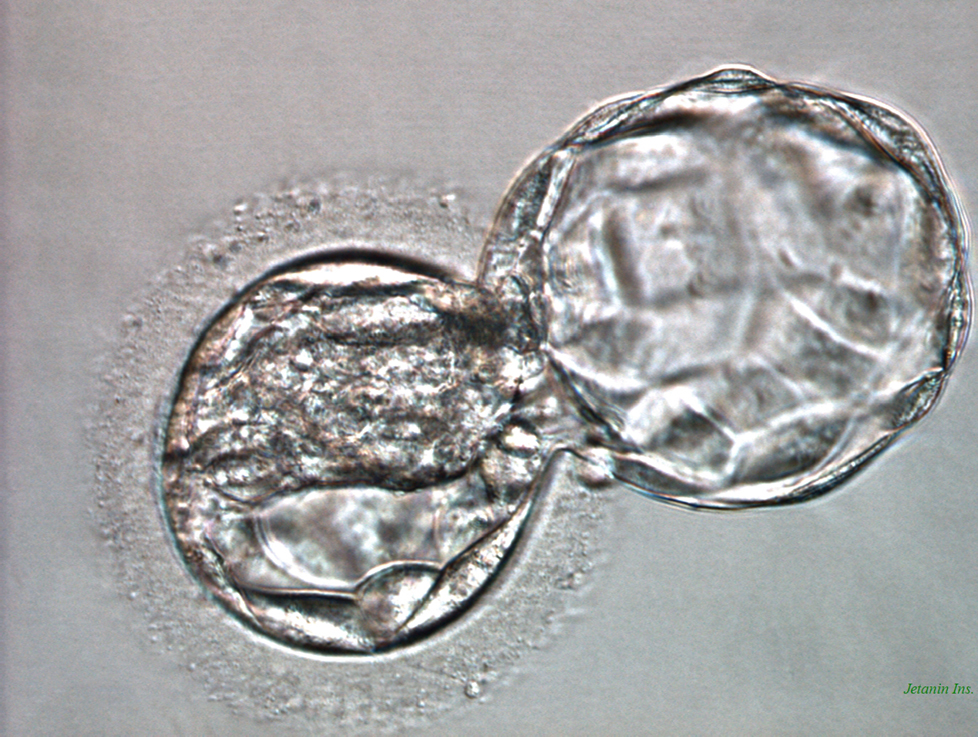IVF/ICSI
IVF/ICSI, is a method of fertilization that takes place outside the body and in a laboratory dish
Jetanin Hospital
Blastocyst culture is the process of culturing embryos to the blastocyst stage outside the human body.
Once fertilization occurs, an embryo is formed. Embryonic cells divide and multiply over the course of 5 to 6 days to become a blastocyst. At the blastocyst stage, embryonic cells will differentiate into 2 cell types, “inner cell mass” which eventually will develop into baby and they “trophectoderm” which eventually will develop into placenta and gestational sac.
Transferring embryo at blastocyst stage provide higher implantation rate and higher chance of pregnancy.

Embryo is cultured in an aseptic laboratory with a strict control of temperature, light, humidity and pressure. Embryo is cultured in special culture media that is suitable to maintain the growth of embryo onto blastocyst stages. Embryo is cultured in incubator which controlled for proper condition close to the natural condition in human body.
Embryo at blastocyst stage is the most suitable stage to implant onto the uterus aiming for the highest implantation potential as in natural conception, embryo reaches to the uterus at the blastocyst stage.